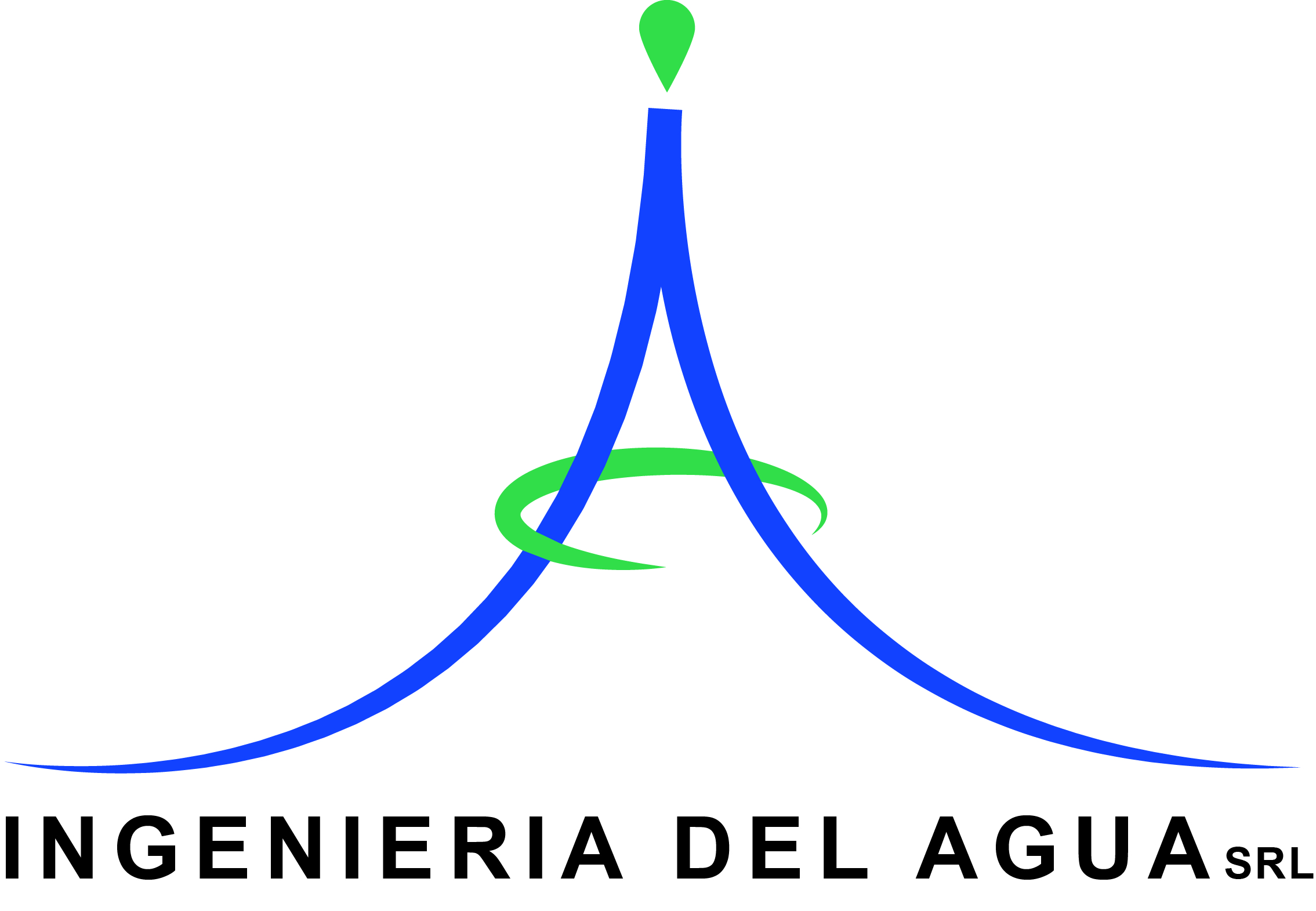Hydrology studies are fundamental in the definition of design parameters of hydraulic projects of any type and magnitude.
In this sense, IA has developed exceptional calculating capabilities and has as policy the continuous updating and search
for technological innovations that allow us to approach reality as much as possible, especially considering the complexity
involved in making estimates based on scarce, in many cases unreliable data, and including them in the assessments of the
impact of climate change, a phenomenon of difficult quantification.
THEORETICAL HYDROLOGY
THEORETICAL HYDROLOGY
- Hydrological processes.
- Atmospheric water, sub superficial and superficial.
- Underground water.
- Hydrological measurements.
- Unit hydrograms.
- Aggregate and distributed hydraulic routing.
- Dynamic wave transit.
- Hydrological statistics.
- Frequency analysis.
- Hydrological design.
- Definition of design brainstorms.
- Extreme event estimation.
- Production, transport and retention of sediments in reservoirs.
- Water quality.
- Meteorological network design
- Inventory of water resources
- Design of multi-purpose, annual and multi-annual compensation reservoirs
- Definition of regulation policies for reservoirs
- Water balances of different levels of complexity
- Estimation of leachate production in solid waste landfills
- Design of early warning systems based on flood forecasting
- Characterization of aquifers to meet various demands and definition of sustainable exploitation policies, considering the impact of climate change
- Groundwater pollution studies
